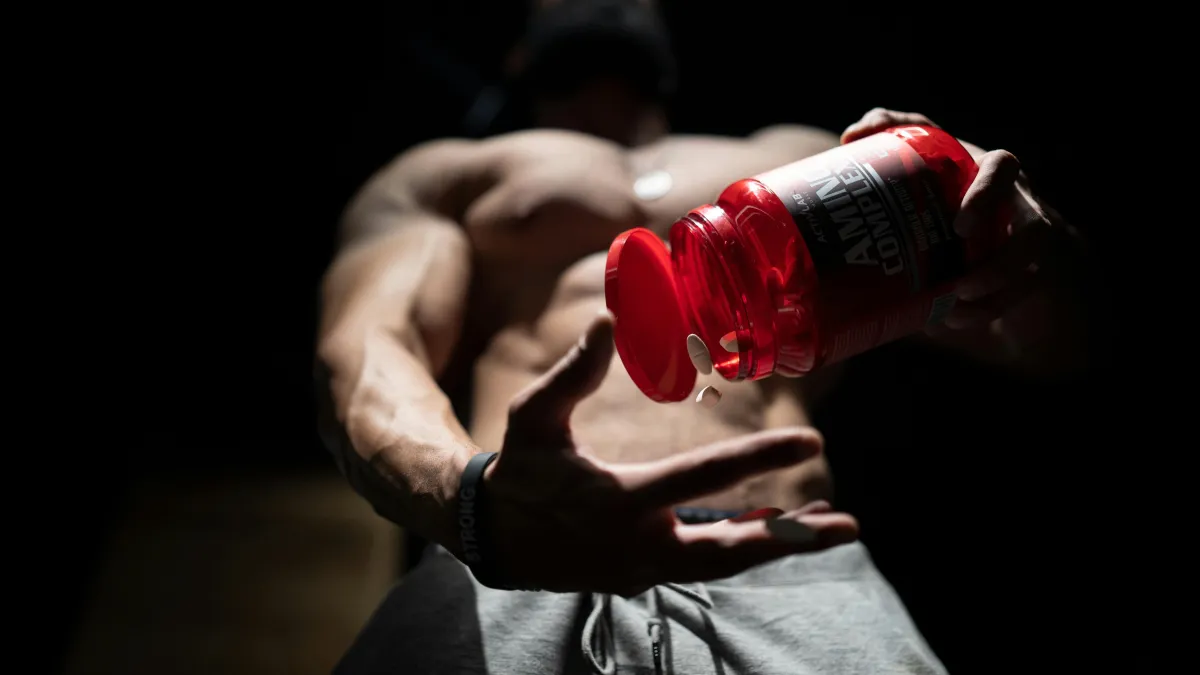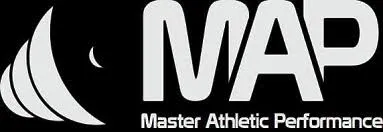Discover The Latest Blogs
Stay updated with Our Informative Blog Posts

The Supplements That ACTUALLY Work - Paul Oneid
The Supplements That ACTUALLY Work
Let's be real — we all want to enhance our performance in the gym.
In an industry drowning in marketing hype and pseudo-science, it's nearly impossible to separate fact from fiction when it comes to supplements.
Companies pour millions into convincing you their latest magic powder will transform you into the next Mr. Olympia or add 200lbs to your bench.
After 18 years as a strength coach, competing as one of the top 20 powerlifters of all time, and earning two master's degrees along the way, I've learned to cut through the BS.
Let me break down what supplements actually work based on solid research.
Recovery: The Foundation of Performance
You can only adapt to what you can recover from. Train like an animal but fail to recover? You'll regress. Perfect your recovery, and you can potentially increase training frequency — more stimulus, more adaptation, more gains.
The Big Three for Recovery
1. Whey Protein
Nothing fancy here — the basics crush for a reason. Whey has the highest bioavailability of any protein source and helps you hit your daily protein requirements (0.8-1.2g per pound of bodyweight).
While there is a spike in muscle protein synthesis post-workout, anyone spouting off about the "anabolic window" needs to jump out of it. Recovery is a 24-36 hour process, and total daily protein matters most.
2. Creatine Monohydrate
The undisputed GOAT of performance supplements. Creatine is heavily researched and works by:
Improving power output during high-intensity exercise
Increasing protein synthesis
Reducing muscle damage and inflammation
Enhancing nutrient transport through increased cellular water retention
Dosage is simple: 5g daily, timing irrelevant. Just get it in your system.
3. Essential Amino Acids (EAAs)
These nine amino acids must come from your diet and work to increase muscle protein synthesis while preventing breakdown. Like protein, they're most important for ensuring adequate total intake, but become increasingly valuable during caloric restriction when preventing muscle loss is crucial.
Maximizing Output: Training Like an Animal
1. Caffeine
My personal favorite. Caffeine works through three mechanisms:
Activating your sympathetic nervous system (fight or flight mode)
Blocking adenosine receptors to reduce fatigue
Decreasing perceived exertion during workouts
Effective dosage: 3-6mg per kg bodyweight. I stick to the lower end (about 300mg at my bodyweight of 250lbs) and avoid consumption within 6-8 hours of bedtime to protect sleep quality.
2. Carbohydrates
Yes, the most vilified nutrient in fitness is actually crucial for performance. For sessions over 60-90 minutes at high intensity, intra-workout carbs prevent liver glycogen depletion, maintain blood glucose, and reduce serotonin depletion (that mental fog late in your session).
For a 90-minute session, just 25g of carb powder can sustain output, facilitate recovery, and reduce cortisol release.
3. PeakO2 (Mushroom Blend)
This patented blend (Cordyceps, Reishi, King Trumpet, Shiitake, Lion's Mane, and Turkey Tail) improves oxygen utilization, extends time to exhaustion, reduces oxidative stress, and enhances stress adaptation.
Recent research suggests it outperforms beta-alanine without the annoying skin tingling.
Effective dose: 1-2g daily.
My Personal Stack
Whey protein to hit my 250g daily protein target
5g creatine upon waking with 1L water
Pre-workout: 300mg caffeine, and 2g PeakO2
Intra-workout: 25g carbs and 10g EAAs sipped throughout
Post-workout: whole food meal
The most effective supplements aren't the flashy, overhyped products. They're the basics with the most research behind them, plus maybe a few strategic additions.
What supplements have you found actually work for your performance?
Paul Oneid, MS. MS. CSCS
Founder and Head Coach




